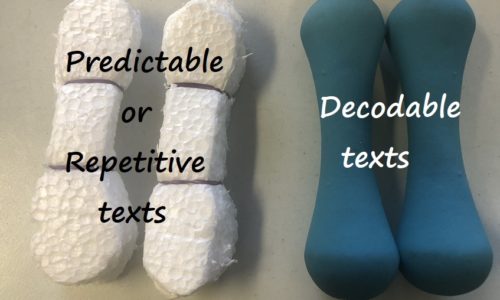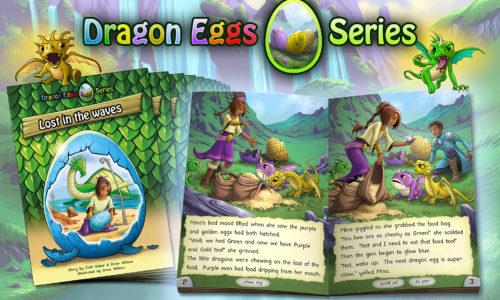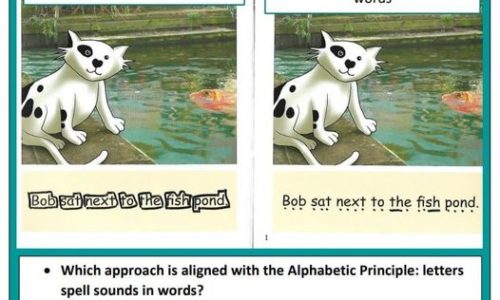
Decodable books build ‘reading muscle’ – another great post from Spelfabet. If you are wondering why kids need to read decodable books in order to become fluent readers – here is the answer! All adults can find listening to beginner readers agonising and at times, it can be hard work for both the child and […]
Read More



